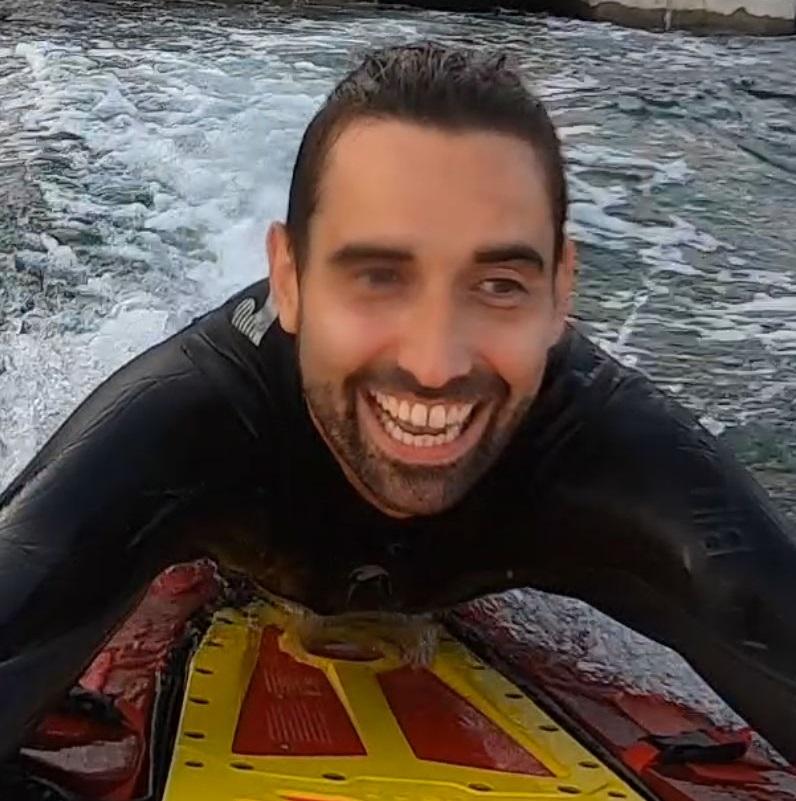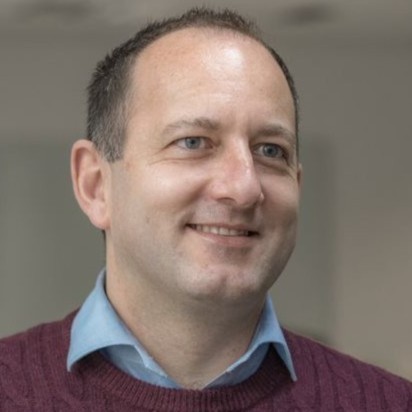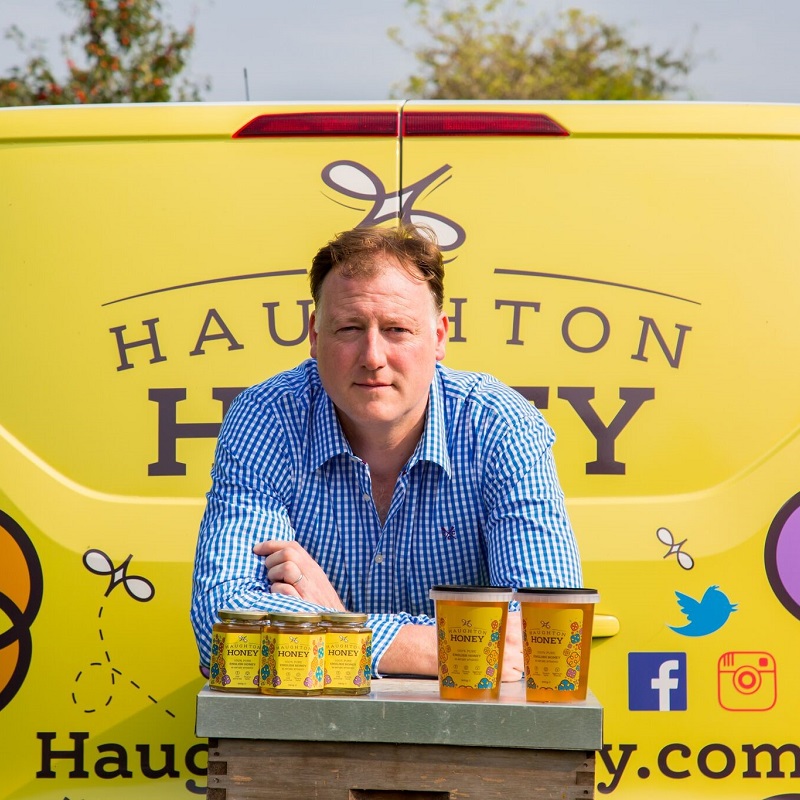
Ross Kemp, Asap Water Crafts
Becoming a contestant on a TV show and being flown to Australia by Richard Branson have been just two highlights of starting his own jet board business, says Ross Kemp, founder of Asap Water Crafts.
- What does your business do?
We make electric-powered jet boards that blast you through the water as you lie on them. Our customers are watersports centres, boat owners, lifeguards and rescuers. You can launch them anywhere and they don’t need a trailer or loads of storage; you can just carry them on your back. It is an amazing experience being blasted through the water as well as a great tool for rescuers.
- Why did you decide to start your business?
This was actually my student project when I was studying Product Design at Loughborough University. As part of our course we had to design and develop something new. I was part of the Lifesaving club at the university and became really interested in rescue equipment. I saw an opportunity for something innovative.
- How did you launch your business?
When I graduated in 2011, Loughborough University had just set up their commercialisation hub to help graduates get their ideas off the ground and turn them into businesses. I was really lucky to be one of the first cohorts. The university helped me find contacts and an investor. As part of that process I was a contestant on a TV show called Be your own Boss, which involved pitching my business to Richard Reed, the co-founder of Innocent smoothies.
My mentor on the show was Richard Branson, who he flew me to Australia to test my rescue jet board with lifeguards there, using Virgin branding. It was the best market research I could ever have had. That opportunity bought me lots of publicity and I used it to launch the business in 2013. Our jet boards are made in the UK and we now sell them all round the world. We employ four people.
- How did you finance the growth of your business?
Loughborough University invested a small amount of seed funding and Richard Reed invested £3000 as part of the TV
show. Then we did an angel investment which raised £150,000 and a crowd funding round which raised £300,000. We did another crowdfunding round in 2020 which raised £150,000 and we are just about to do another investment round.- What has been the most difficult or challenging part of growing your business?
The big challenge has always been finding good people to work with who have relevant experience. It has involved
constant networking.- What key lesson have you learnt about setting up and growing a business?
A friend once said that his approach to business was to agree to do something and then figure out how to do it afterwards, and that sums up my experience too.
- What has been the impact of the pandemic on your business and how have you dealt with this?
We have seen our sales grow slightly which has been good but the impact on our supply chain is getting worse. The lead time for one particular electronic component which our jet boards are built around is normally 2 to 3 weeks but it is now 8 and a half months. Luckily we have some in stock but we hope the supply of components starts to improve.
- What has been your biggest mistake?
I wish I had started the business with a co-founder because there have been lots of times when it would have been nice to have someone doing it with me and to bounce ideas off.
- What has been the secret of your success so far?
I was really naïve when I started – I put together a plan in the first year showing that my jet boards would be in mass production by the end of the year. But that naivety actually helped me because if someone had said at the start, right this is going to take you ten years, you are going to be poor and you are going to work incredibly long hours and you are not going to see your friends or family, then I might not have done it. The secret was being incredibly naïve at the start and then being stubborn enough to keep going and not give up.
- What advice would you give an entrepreneur just starting out about how to grow their business?
Do everything yourself, at least for a short time, then figure out what you are not good at and quickly bring people in to do those things. Also realise you don’t have to know everything, you can just figure stuff out as you go along. Jump off the cliff and make a parachute as you go down.
- What personal quality or characteristic has been most useful to you as an entrepreneur as you grow your business?
Optimism.


